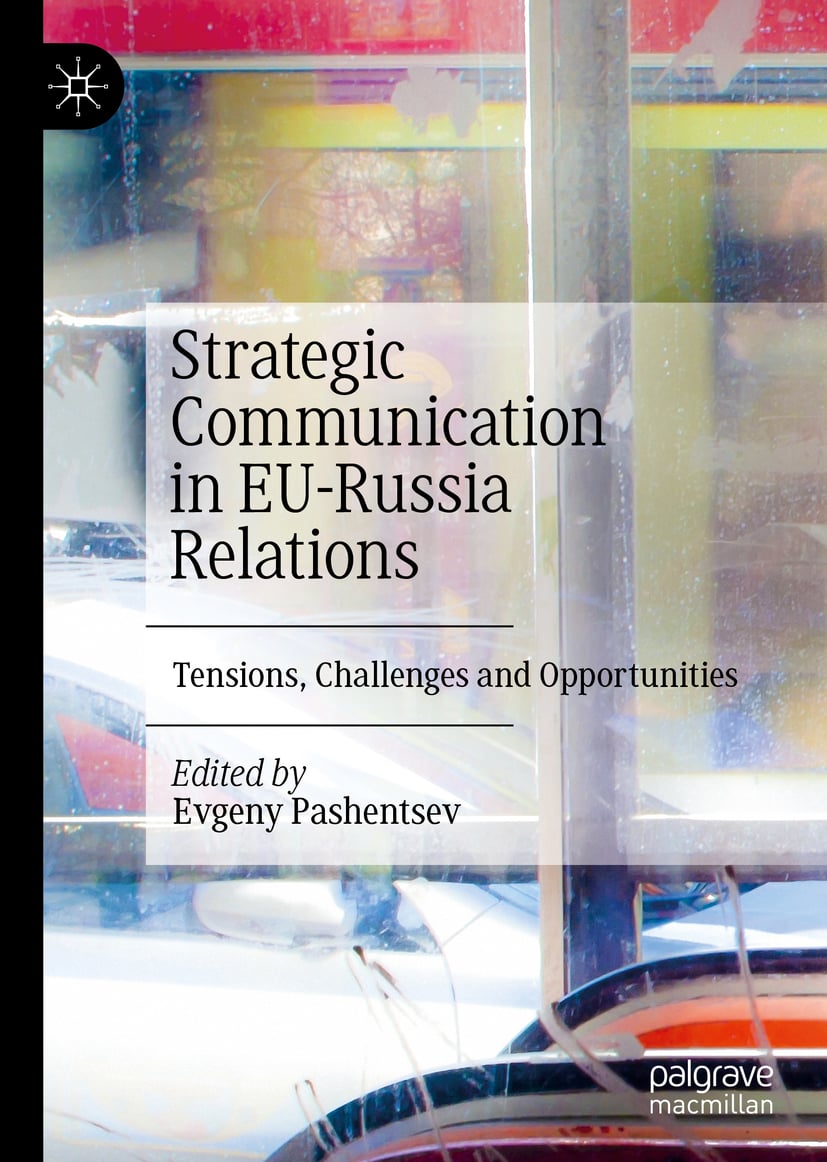Strategic Communication in EU-Russia Relations
by Evgeny Pashentsev
2020-04-19 08:32:29
Strategic Communication in EU-Russia Relations
by Evgeny Pashentsev
2020-04-19 08:32:29
“This book is a timely reminder of the ties that join Russia and the European Union and the opportunities that still exist to improve a troubled relationship. The book does not shy away from the difficulties that the relationship currently faces, b...
Read more
“This book is a timely reminder of the ties that join Russia and the European Union and the opportunities that still exist to improve a troubled relationship. The book does not shy away from the difficulties that the relationship currently faces, but seeks to find opportunities in these obstacles that could lead to improvements. With the voice of Russian scholars fully audible in this excellent collection of essays, this book provides an excellent opportunities for English-speaking audiences to learn more about this complex relationship.” Victor Bulmer-Thomas, Chatham House, UK “The thinking of Evgeny Pashentsev in this volume presents an enlightening analysis and synthesis of the integration of the political, social, cultural and technological advances around the globe with respect to their impact on EU-Russia relations. His chapters are a must read for both scholars and strategic consultants who seek to understand the future of the paradigm shift taking place in these countries.” Bruce I. Newman, DePaul University, USA, and Founding Editor-in-Chief, Journal of Political Marketing In this book the international team of EU, Russian and US researchers focus on the dangerous challenges of the current unstable international equilibrium and opportunities of the breakthrough for a better future. Eight chapters engage with a variety of issues, ranging from general tendencies and controversies in EU–Russia strategic communication and its political and economic aspects to reputation management of Russian companies in the EU and the psychological aspect of US sanctions in EU-Russia relations. Analyzing the security dimension, the authors focus on the geopolitical threats, opportunities and risks of advanced technologies such as artificial intelligence, robotics, cyborgization and human genetics.
Less

















.jpg)













